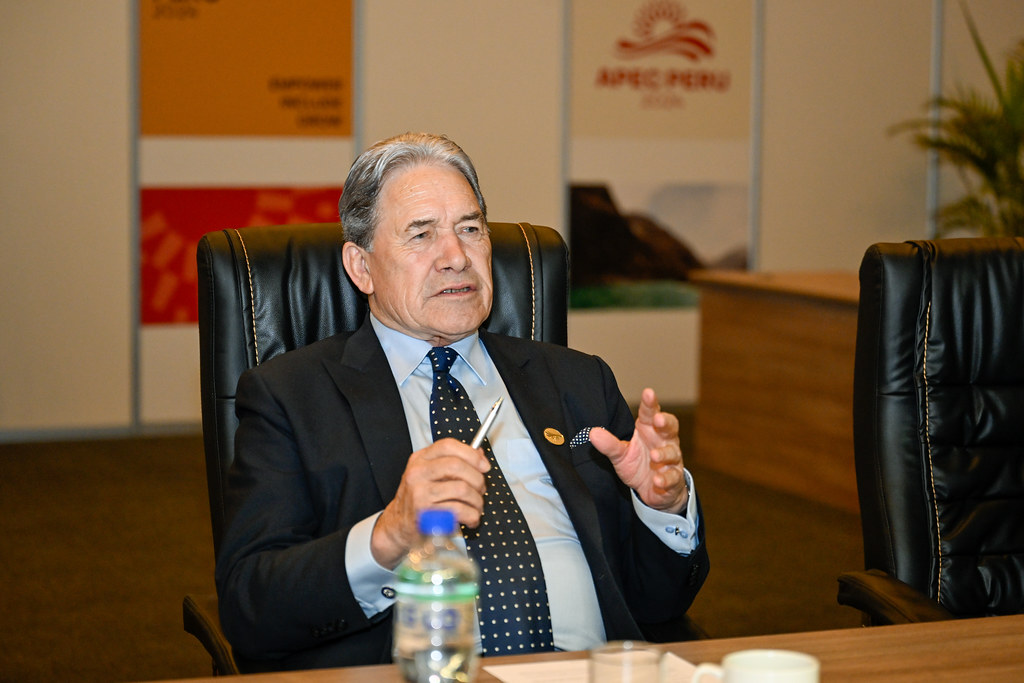ISLAMABAD: A recent report from the World Bank has identified the General Sales Tax (GST) as the most significant contributor to rising poverty levels in Pakistan. The study reveals that GST payments constitute over 7% of households’ pre-tax expenditures, disproportionately impacting poorer and more vulnerable populations.
According to the report, titled “The Effects of Taxes and Transfers on Inequality and Poverty in Pakistan,” the GST has a notably adverse effect on the country’s poverty headcount. In contrast, the Benazir Income Support Programme (BISP) is credited with the most substantial positive influence on reducing inequality.
The analysis presented in the report indicates that when evaluating the specific impacts of various fiscal policies, the GST emerges as the leading factor exacerbating national poverty. Its implementation tends to align with overall consumption expenditures, making it neither distinctly regressive nor progressive. Meanwhile, cash transfers via BISP have shown to significantly alleviate inequality, followed closely by investments in early childhood and primary education.
The findings suggest that vulnerable households often receive benefits that are less than their tax contributions, highlighting a critical issue in fiscal equity. The report advocates for Pakistan to enhance its strategies for domestic revenue generation and improve the efficiency of public spending. This would create more financial capacity to expand social support systems and targeted cash transfers, ultimately fostering greater equity in the fiscal landscape.
Furthermore, the study emphasizes that fiscal sustainability and equity can be achieved by redirecting additional revenues from GST reforms to support impoverished households through well-structured cash transfer programs. Investing in public health and education services is also crucial, as these reforms can yield long-term benefits in combatting poverty and inequality.
The report criticizes the current fiscal policies in Pakistan, which focus heavily on indirect taxes that tend to burden the poor while offering inefficient subsidies that predominantly benefit wealthier households. In fiscal year 2019, for instance, the richest segments of the population claimed a significant portion of subsidies and in-kind benefits, while also contributing a higher share of total tax revenues.
Most low-income households are net contributors to the fiscal system, meaning their tax payments exceed the benefits they receive. Only the poorest 10% of the population are expected to gain more in benefits than they pay in taxes, with a marginal net cash gain estimated at 1.2% of their pre-fiscal income. In contrast, individuals in higher income brackets face cash losses ranging from -1.8% to -5.5% of their pre-fiscal income.
As Pakistan continues to grapple with economic challenges, including low and unstable growth over the past two decades, these insights from the World Bank underscore the urgent need for reform in fiscal policy to better serve the nation’s most vulnerable populations.



